AI Recreating Images From Human Brain Waves With Terrifying Accuracy
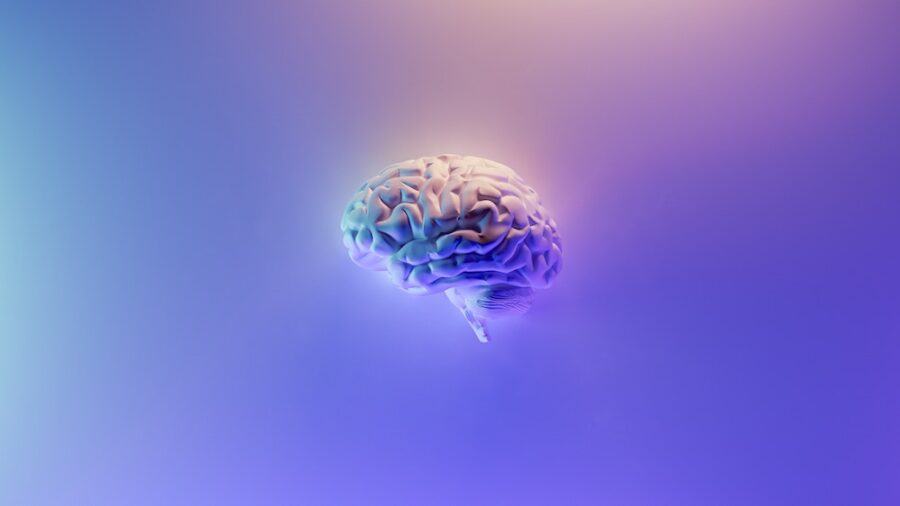
A team of researchers at the National Institutes for Quantum Science and Technology have figured out a way to convert brain waves into highly accurate AI generated images, according to PetaPixel.
Images Just From Human Thought
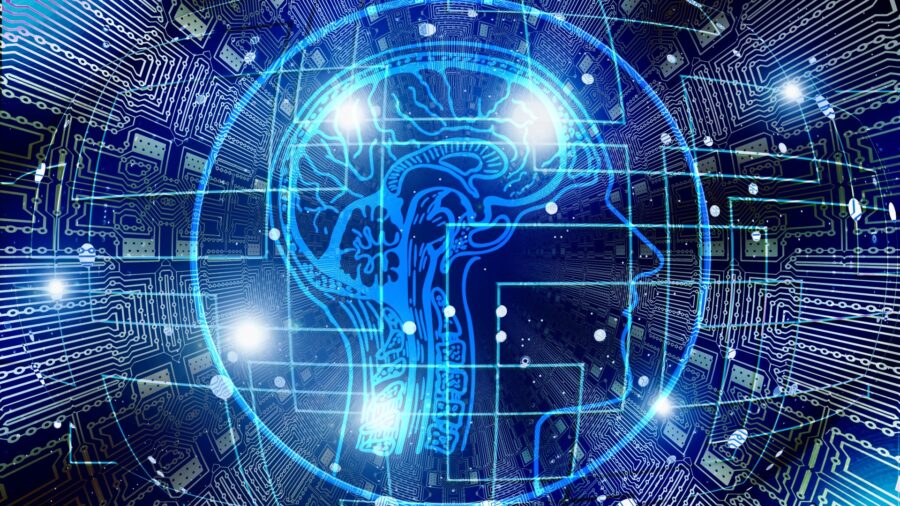
The recent study, which was published in last month’s edition of Neural Networks, demonstrated that AI is capable of producing images from human thought alone. What’s more, these thought-generated images boast a 75 percent degree of accuracy.
Previous experiments involving mapping out brain waves with AI have only been 50 percent accurate, so this marks a significant improvement.
AI Program Based On Colors, Shapes, Texture
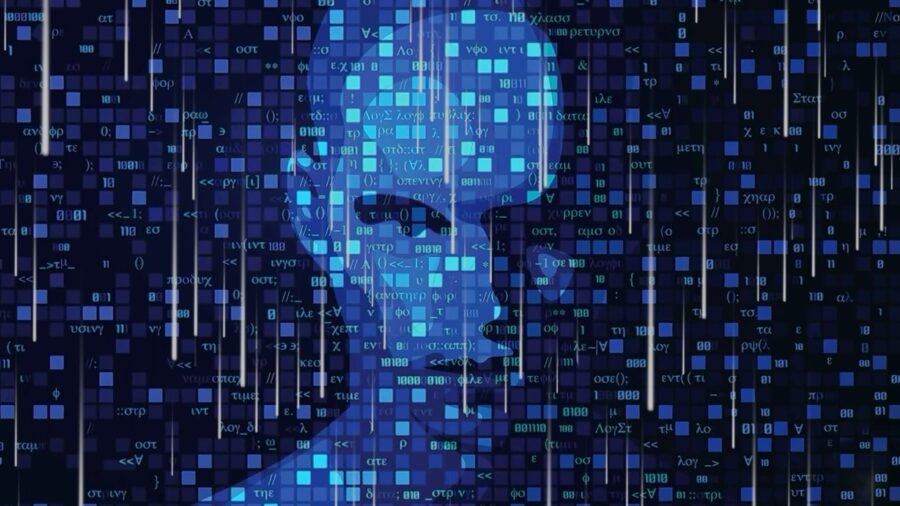
So how were scientists able to accomplish this amazing feat of technology?
It all started when human subjects were tasked with viewing 1,200 unique images while having their brain waves scanned in a functional magnetic resonance imaging (fMRI) machine.
After the scans were compiled, scientists used an AI program to create a score chart based on millions of data points like color, shape, and texture.
With this reference point, a neural signal translator program was developed to document new brain activity as it was input based on memory recall.
Brain Scans Of Images
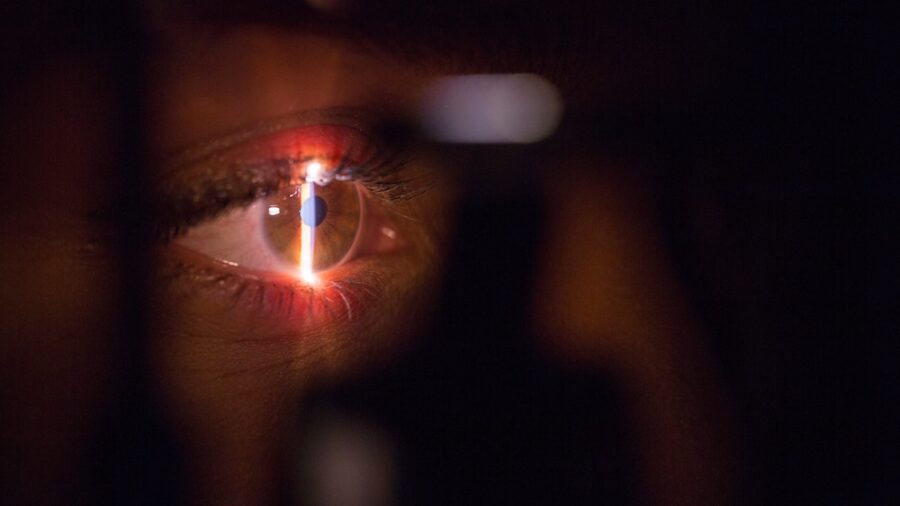
But the next step is where the magic happens with this groundbreaking research that converts brain waves into pictures through the use of AI.
Subjects were then shown a new set of 1,200 images, and asked to recall the images from memory while having their brain waves scanned by an fMRI machine about an hour after viewing them.
The records from this second scan were input into a generative AI program, which was able to successfully reconstruct the images based solely on the subject’s memory, using the score cards that were generated.
After a 500-step revision process, the final images were rendered with a 75.6 percent accuracy rate.
Not Quite Perfect, But Close
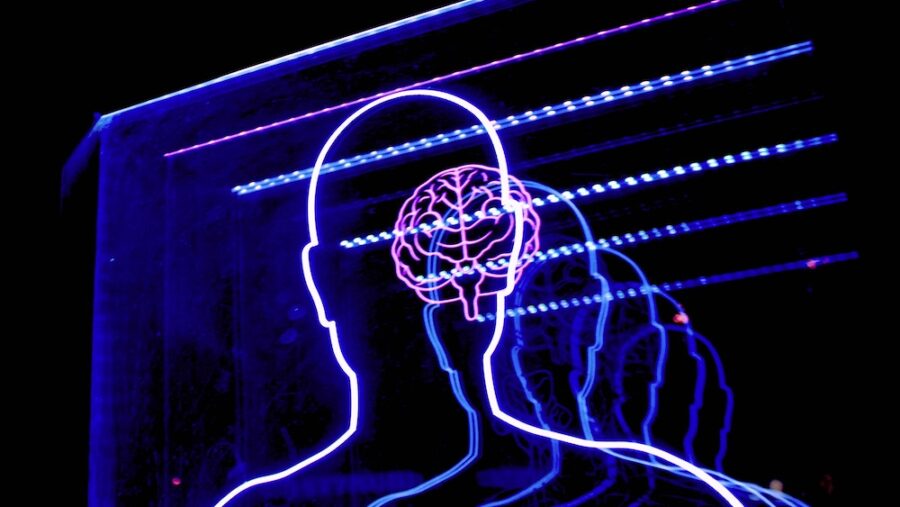
In other words, AI was able to turn brain waves into pictures based on human memory alone.
Though the brain wave reconstruction technology hasn’t quite been perfected, the progress that has been made so far is astounding.
Once this process is further refined, and the accuracy rate gets closer to 100 percent, AI can prove to be very useful when applied to medical fields.
It will also give scientists a much deeper understanding of how the human brain recalls visual stimuli from memory.
The Future Is Bright

The ability to use AI images generated from brain waves could potentially be used to help treat patients who can’t communicate verbally.
But the sky’s the limit if this technology gets to the point where non-human brain waves are considered.
Could you imagine a world where veterinary clinics can assist our pets by having an accurate visual representation of what’s happening in their minds?
Mapping Our Brain Waves
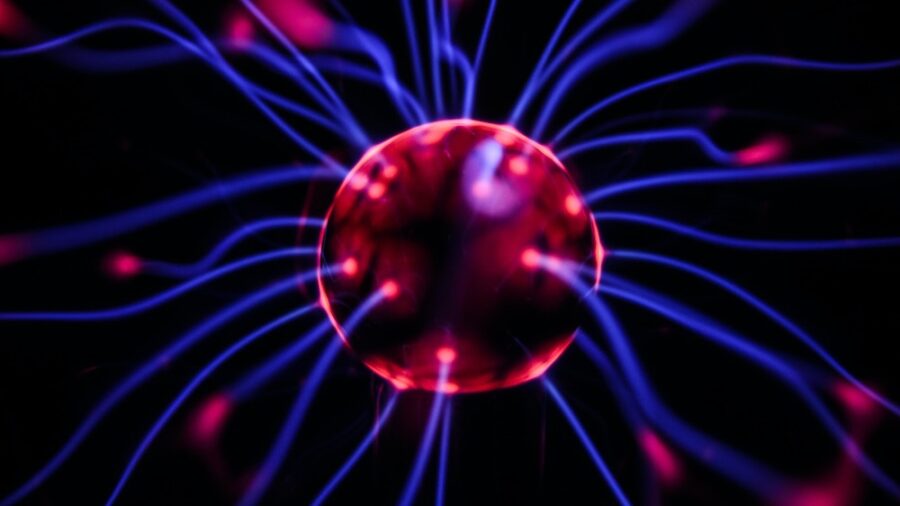
It also remains to be seen how this technology could be used with a blind subject.
But it’s exciting to think about what kind of images AI could produce if the brain waves of somebody who was born blind were considered. This could potentially provide insight into how people who aren’t capable of seeing interpret the world through non-visual stimuli.
We may be getting ahead of ourselves here, but logically speaking, the ability to map out brain waves with AI could eventually take us down this path.












